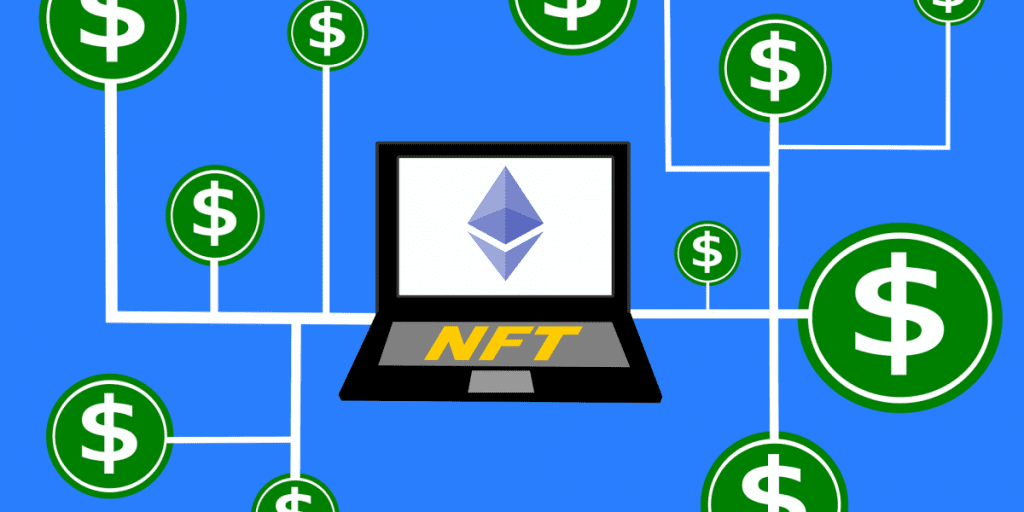- The UK’s tax authority has confiscated three NFTs, along with £5,000 worth of digital assets from individuals suspected of tax fraud.
- Various reports highlight a rise in the connection of digital collectibles to money laundering, tax evasion, wash trading, and hyper speculation.
Her Majesty’s Revenue and Customs (HMRC), UK’s chief tax authority, recently seized three non-fungible tokens (NFTs) in an alleged tax evasion ploy.
According to the BBC, three people suspected of conducting the tax fraud have been arrested. The individuals allegedly used “sophisticated methods” to mask their identity from law enforcement agencies. They include fake and stolen identities, false addresses, prepaid unregistered mobile phones, false invoices, Virtual Private Networks (VPNs), 250 shells (fake) companies, and the pretense of legitimate business ownership. They managed to evade a total of £1.4 million ($1.8 million) in value-added taxes (VAT).
HMRC’s first-ever seize of NFTs
Other than the three NFTs, HMRC also confiscated digital assets worth £5,000 ($6,765) from the suspects. The value of the NFTs will be determined as investigations continue. The tax authority’s deputy director Nick Sharp said the seizure of the digital assets “serves as a warning to anyone who thinks they can use crypto assets to hide money from HMRC,” adding:
We constantly adapt to new technology to ensure we keep pace with how criminals and evaders look to conceal their assets.
HMRC is now the first law enforcement agency in the UK to take control of criminals’ NFTs. Of note, tax authorities seize criminals’ assets post-court trial to cover for the agency’s losses. The NFTs were therefore taken away to cater for unpaid taxes, and not because they were used to facilitate criminal activities.
NFTs bloomed all through 2021 to become the new trend among individuals, entities, and brands. Noteworthy adopters include Adidas, Meta, Twitter, and Reddit, while YouTube is considering incorporating them as an added revenue source for content creators. Even the UN is planning on featuring a women-focused collection of NFTs on International Womens’ Day.
Digital collectibles and illegal activities
As digital collectibles rise in popularity, use cases, and value, so has the attention of lawmakers and regulators. One IRS special agent said last month that the NFT and overall digital assets market is flooded by “mountains of fraud.” He noted that NFTs were increasingly being involved in cases of money laundering, tax evasion, and market manipulation.
Read More: Cryptocurrencies and NFTs are swarming with mountains of fraud: IRS
Backing these claims is an early February report by blockchain research and analysis firm Chainalysis. The firm identified over 250 users involved in wash trading – a kind of trade where the seller repeatedly sells to himself to create false demand and therefore, a hike in the price of an asset. The report also pinpoints $1.4 million sent to NFT marketplaces from scam-associated addresses.
A separate report by the US Department of the Treasury notes how the NFT industry is flourishing. However, it also highlights matters of the assets’ classification debate, their use in money laundering, and their vulnerability to hyper speculation.


